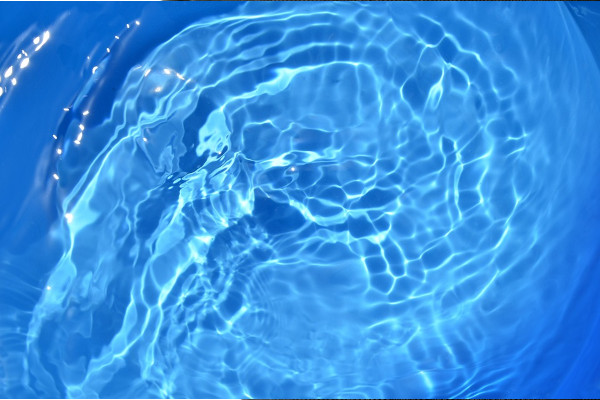Featured Information

Dehydration occurs when the body loses more fluids than it takes in, leading to an imbalance in water levels. The severity of dehydration can vary, and recognizing the signs is important to address it promptly. Here are the signs of mild, moderate, and severe dehydration:
Mild Dehydration:
- Thirst: Mild dehydration often begins with a feeling of thirst, indicating the body’s need for fluids.
- Dry Mouth and Lips: The mouth and lips may feel dry, sticky, or parched.
- Fatigue and Weakness: Mild dehydration can cause feelings of fatigue, weakness, and a lack of energy.
- Decreased Urination: The frequency of urination may decrease, and urine may appear darker than usual.
- Headache: Dehydration can trigger headaches or migraines in some individuals.
- Dizziness: Mild dehydration may cause feelings of lightheadedness or dizziness.
Moderate Dehydration:
- Increased Thirst: The feeling of thirst intensifies as dehydration progresses.
- Dry Skin: The skin may become dry, less elastic, and potentially flushed.
- Sunken Eyes: The eyes may appear sunken due to decreased fluid levels in the body.
- Rapid Heartbeat: Dehydration can cause an increased heart rate or palpitations.
- Decreased Sweating: Sweating may decrease or stop as the body conserves water.
- Muscle Cramps: Muscles may cramp or spasm due to electrolyte imbalances caused by dehydration.
- Reduced Tear Production: The eyes may produce fewer tears, resulting in dry or irritated eyes.
Severe Dehydration:
- Intense Thirst: Severe dehydration leads to extreme thirst and a persistent feeling of needing fluids.
- Rapid Breathing: Breathing may become rapid or shallow as the body attempts to compensate for fluid loss.
- Very Dry Mouth and Skin: The mouth may become extremely dry, and the skin may feel shriveled or cool to the touch.
- No Urination: Severe dehydration can lead to little or no urine output, indicating a significant fluid deficit.
- Confusion and Irritability: Dehydration affects cognitive function, leading to confusion, irritability, and even disorientation.
- Fainting: A severe decrease in fluid levels may cause fainting or loss of consciousness.
- Sunken Fontanelle (in infants): In infants, dehydration can cause the soft spot on the top of the head to appear sunken.
It’s important to note that these signs can vary depending on the individual, age, and overall health. Children, older adults, and individuals with certain medical conditions may experience dehydration differently.
If you suspect dehydration, it is crucial to address it promptly. Mild dehydration can often be managed by drinking fluids, preferably water or rehydration solutions. However, moderate to severe dehydration may require medical attention and intravenous fluids to restore the body’s fluid balance.
Preventing dehydration is key. It is recommended to drink an adequate amount of fluids throughout the day, especially during physical activity or in hot weather. Pay attention to your body’s signals, drink water even if you’re not feeling thirsty, and be mindful of staying hydrated, particularly for vulnerable populations such as infants, older adults, and those with certain health conditions.


